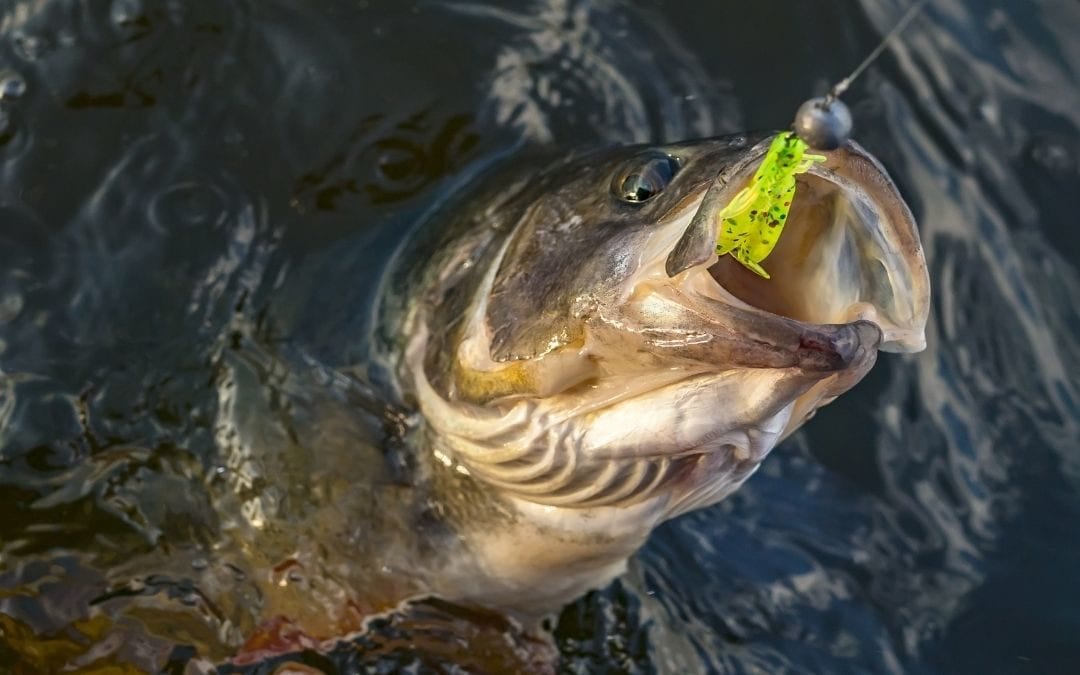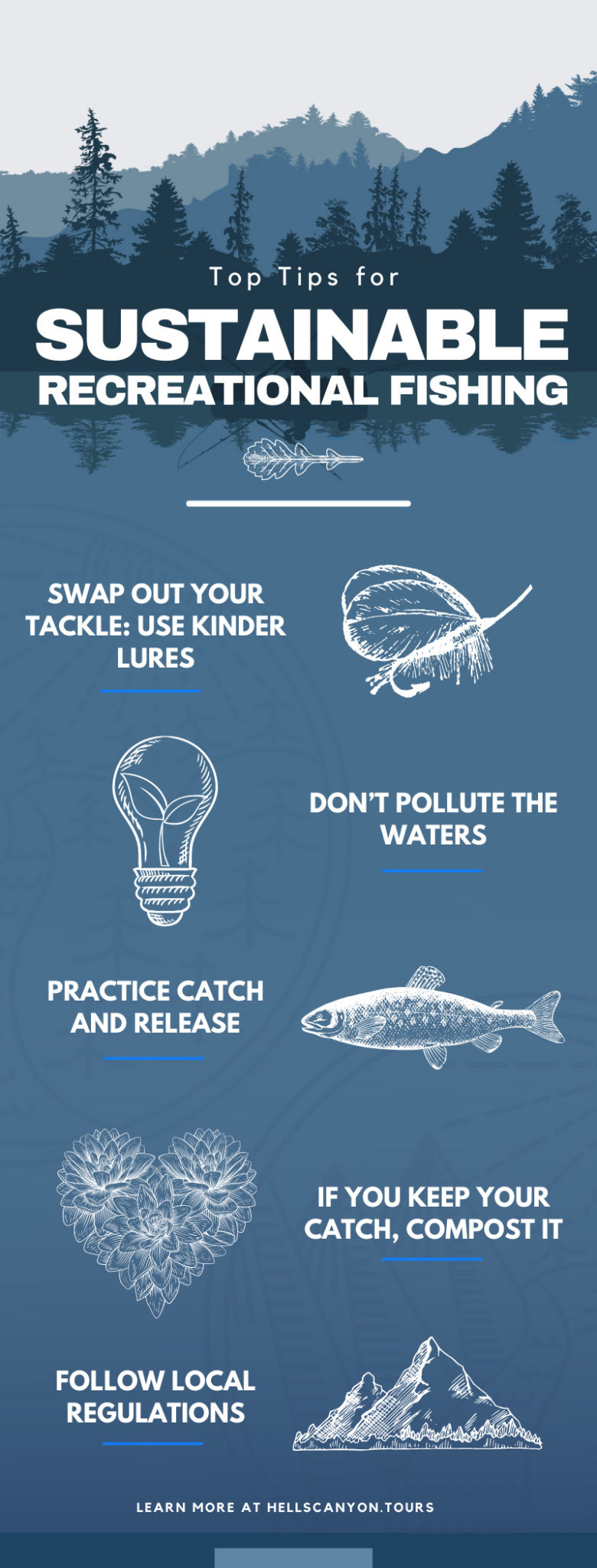American Journalist Mark Kurlansky once wrote that “Nature remains focused on survival.” The truth remains that our beautiful world is full of natural resources and natural wonders. As much as we rely on what’s organic for our current survival, we need to ensure that mother nature is able to survive for future generations as well. The relationship between humans and the environment is intimate, as man is deeply intertwined with the natural world and its ongoing processes.
The only way we can truly understand the present importance of the environment is by looking at the history of our past. Fish, in particular, have changed the world for as long as we have known of their existence. They’ve helped build up world economies, innovate new tools and technology, and been a staple sustenance of a daily diet. Therefore, even though recreational fishermen enjoy reeling one in, they are also deeply concerned with protecting them; the livelihood of fish is just as critical as the livelihood of humankind.
While fishing for food is one thing, fishing for fun is another. Anglers around the globe know this recreational activity offers numerous benefits, including health and wellness, connection to loved ones and the natural environment, and first-hand knowledge about water species, local waterways, and natural habitats. However, like any direct interaction with the environment, anglers should ensure the minimization of any adverse environmental impacts. Here are the top tips for sustainable recreational fishing to keep in mind during fishing excursions.
Let’s Define Sustainable Fishing
Whatever experience you have as an angler, there are various means and methods to use regarding the sustainability levels of your favorite fishing spot. Keep in mind that water covers around 70% of the Earth’s surface. The mighty marine oceans and stunning salty seas contain over 95% of that water, but freshwater lakes, rivers, streams, and ponds are also part of an overlooked ecosystem. Millions of aquatic wildlife exist in the waters of the world, and while there may be plenty of fish in the sea, a plethora of them are taken out each year.
While some habitat loss and consistent environmental changes play a factor in the decrease of the overall fish population, recreational fishing can also play a detrimental role. The core issues of this environmental challenge involve overfishing and unsuitable fishing practices that don’t meet local regulations, which can create a domino effect in fragile water-based ecosystems.
Anglers can see with their own eyes the impact pollution, habitat destruction, and commercial fishing have on the aquatic life found within wonderous waters. Such problems endanger the circumstances of this favorite pastime going forward. Nevertheless, true love and passion for fishing can go hand-in-hand with environmental awareness. This combination creates sustainable fishing practices that help prevent the deterioration of a wide range of fish species.
Swap Out Your Tackle: Use Kinder Lures
Did you know that lead is still an ingredient in certain fishing jigs and sinkers? Lead is a toxic substance for living things on the planet, including humans and fish. The EPA has stated that fish exposed to a large enough amount of lead tend to demonstrate physical damage or behavioral problems in the future.
Ergo, as an angler, choose to purchase eco-friendly fishing lures and weights made from safer materials. Common substances include stainless steel, brass, or tin. These small decisions help lessen the potential damage to wildlife when a lure is ingested or left in the water.
Don’t Pollute the Waters
Pay attention to your surroundings, and never leave your trash behind while out fishing. Trash is harmful to our planet—especially when stuck in rivers, lakes, and oceans. Dispose of fishing lines, water bottles, sandwich bags, and other human waste appropriately. This type of debris can damage natural habitats and cause harm to fish, turtles, and birds. Don’t be that person who mindlessly pollutes; instead, be mindful, do your part, and demonstrate your appreciation of the environment around you.
Practice Catch and Release
One of the top tips for sustainable recreational fishing is to practice the fishing method of catch and release. The biggest, grandest prize catches deserve to be thrown back in to give them another chance to live, perhaps mate, and reproduce more incredible fish.
Catch and release experts emphasize certain techniques to improve the chances of a fish’s survival when it’s released back into the water, such as using a barbless circle hook instead of a J-hook to minimize internal damage. Don’t forget to follow correct handling practices either, such as keeping your catch wet to limit the time it has spent out of the water and to avoid over-exhaustion.
Keep in mind that while you want to save certain fish, there are instances that you can choose to target others especially. Anglers should strive to target either overpopulated species in an ecosystem, or invasive or nonnative species that would be better kept out of the water. This action can help improve a particular location’s aquatic ecosystem, as it reduces harm to native species meant to survive and thrive in the natural chain that previously existed.
If You Keep Your Catch, Compost It
Don’t forget to compost your catch when you take it home, clean it, cook it, and eat it. Most likely, you did not eat the entire skin and bones. There’s no need to automatically throw whatever is left away. If you’re committed to sustainable angling practices, compost the unused or eaten fish parts with your plant waste that you can use to grow greenery later on.
Follow Local Regulations
Fishing regulations can appear strict and mind-boggling at first. Never fear—to be a responsible angler, always consider two key aspects: where exactly you are fishing location-wise, and what exact species you are aiming to catch. It’s also important to educate yourself on suitable tactics and handling for catching specific species.
Keep in mind the place, as well when you are in a particular fishing destination. Certain vast and remote regions, such as the protected national recreation area of Hells Canyon, contain rivers, tributaries, and reservoirs that are open waters all year. However, there are certain daily bag limits or catch-and-release rules depending on the species of game fish.
For the best Hells Canyon fishing trips you can find in this remarkable region, turn to the local guides found at River Adventures. Our seasoned experts provide a wealth of information to guide you in reeling in some of the most incredible catches of your life. Our fishing guides are licensed and knowledgeable about the local rivers and regulations. Book a trip with us today, or contact us about the different tours we have available on our Coast Guard-approved jet boats.


Recent Comments